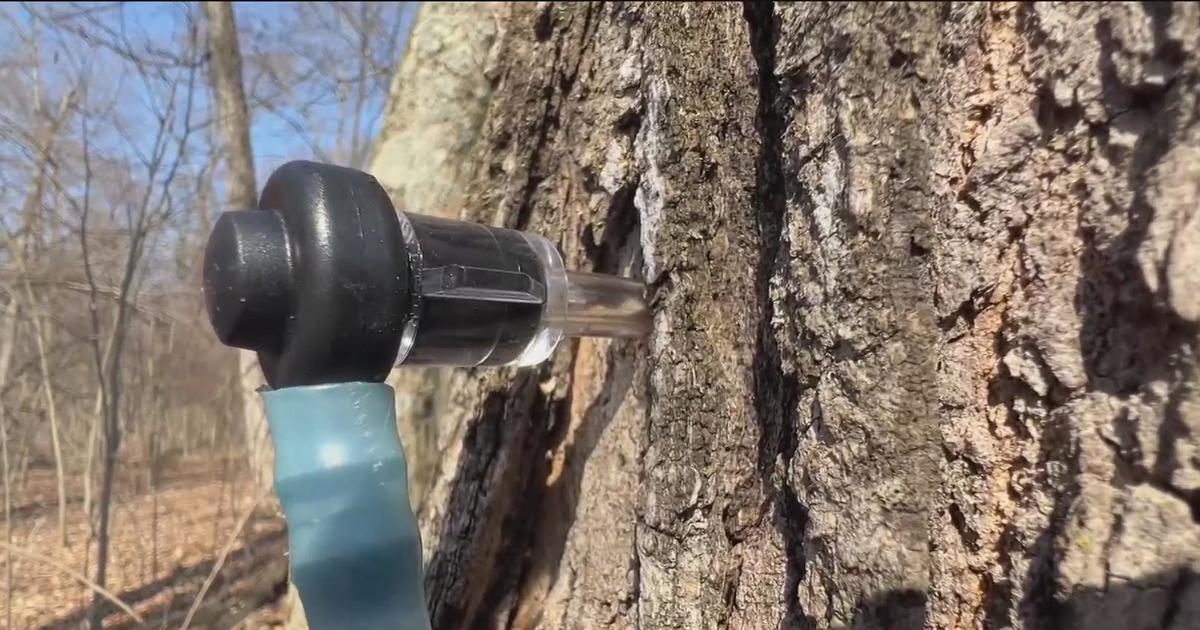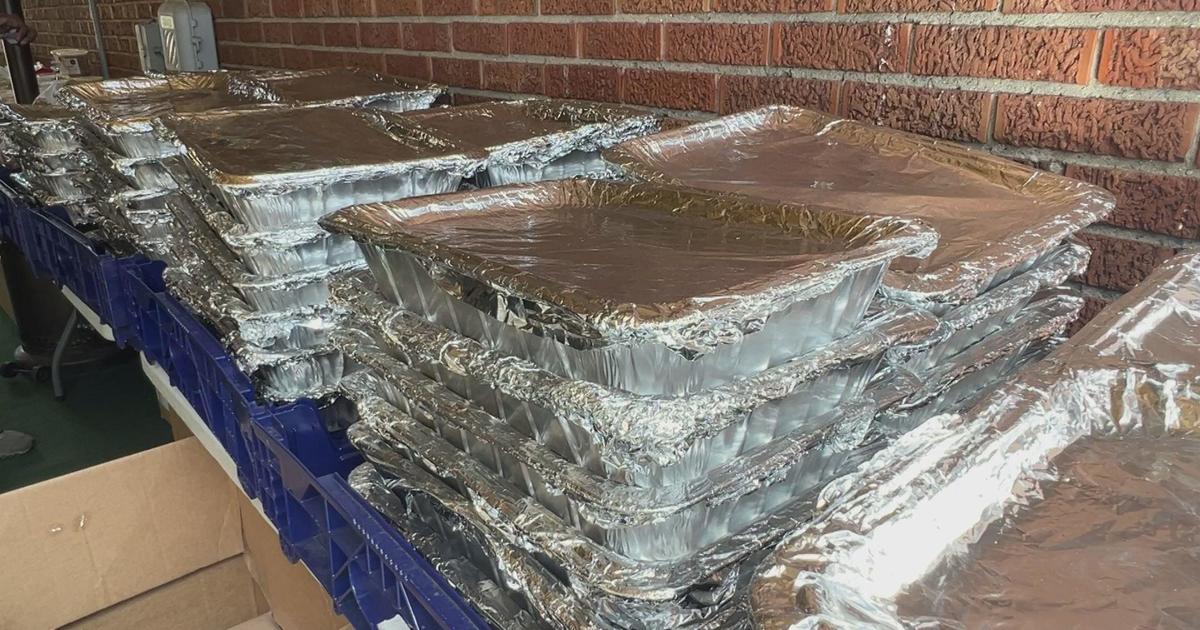A 'Blend Of Humor And Horror': Expert Sheds Light On Why We Fear Clowns
DETROIT (WWJ) - Many across the nation are on edge as stories of creepy clown sighting, scares and even assaults continue to make headlines.
But why do we fear these ever-smiling, red-nosed, painted-face folks?
WWJ's Dr. Deanna Lites asked Benjamin Radford, folklore expert and author of the book, "Bad Clowns."
"There are a couple of reasons; one of them is that clowns are typically masked — they wear grease paint or they actually wear a physical mask," Radford said. "And when someone is masked in your presence, it does two things. Number one: it makes them anonymous. We don't know who that person is, therefore they're not accountable for anything they do. If we know who that person is, we can call the police, we can hold them accountable."
Secondly, Radford said, the covered faces of a clowns cut down on the amount of information available about them.
"So, you know, if you're talking to somebody in person, you can see their gestures, you can see their facial expression, you can see are they surprised, are they disgusted," he said. "But when you have a mask, all that information is stripped away...so all you have to go on is their actions."
Radford is a researcher, writer and Snopes.com contributor with a focus on urban legends, unexplained mysteries, the paranormal, critical thinking, mass hysteria and more.
In his book he attacks the topic of the evil clown — taking an in-depth historical, cultural and folkloric look at the scary pop culture character.
"There's a lot of research in there," Radford said, "...but I would say that probably the most interesting thing that I found out about clowns was looking at the history of them and recognizing that clowns were never really good nor bad."
"You know, sometimes people would ask me, 'When did clowns go bad? What's with the emergence of the scary, evil clown?' And, in fact, clowns were never really good. If you look at the clown figure in mythology, for example, in folklore — it's an archetype of a trickster," Radford continued.
"The clown figure is a trickster figure which is also the devil figure...so there was this really fascinating blend of horror and humor in clowns. Laughter and fear, you know? Just this fascinating duality."
Radford said he's heard about "real life professional clowns" who aren't happy with this recent, freaky phenomenon.
"It's sort of a black eye. It sort of draws attention to the seedier side," he said. "And even though the vast majority — in fact, virtually all the people that are doing these hoaxes and doing these scares, they're not actual clowns. They're dressing as clowns, but they're not actually clowns, they're not professional clowns."
While so many people will tell you they're afraid of clowns, Radford said it should be noted that surveys show many still enjoy them. Clowns continue to be hired for parties, he said, by adults who assume the children will love it.
"For a lot of kids it's the opposite, like, 'Why would I like a clown?' This is an unknown adult, wearing a mask, with these bright, garish colors who's doing weird things!"
[Troy Police Post Stern Message To Clowns Amid Sightings, Scares]



